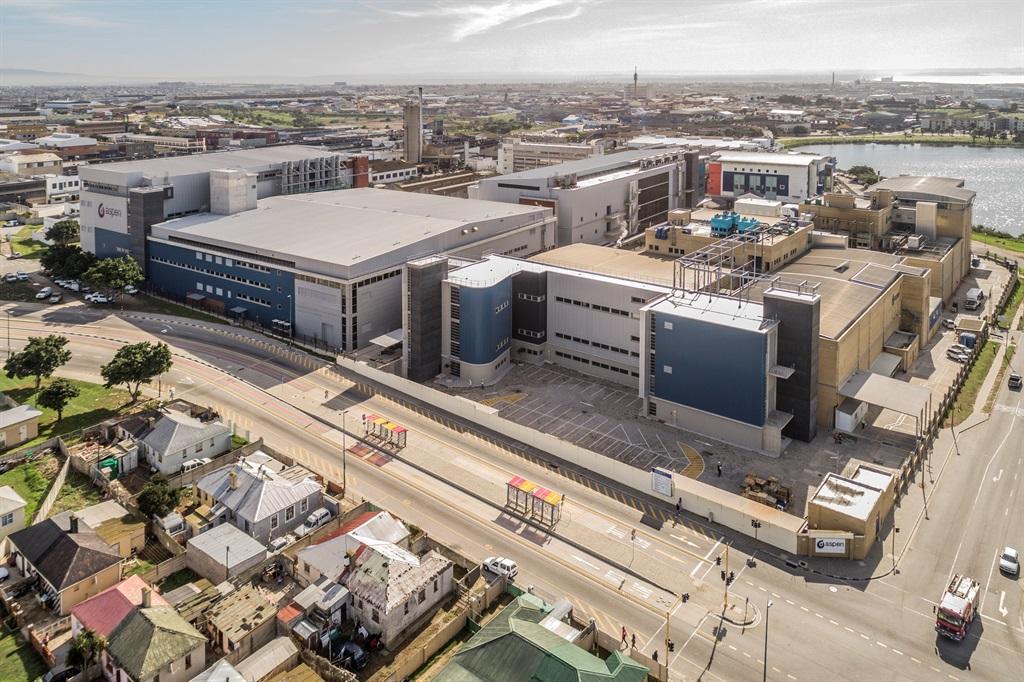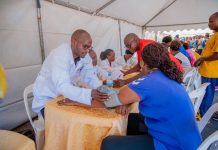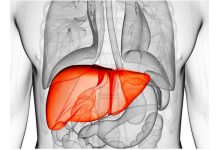Africa-Press – South-Africa. Africa’s largest drug maker Aspen Pharmacare has signed an agreement with Danish healthcare firm Novo Nordisk to establish SA’s first production of human insulin.
Novo Nordisk’s drugs currently reach more than 500 000 diabetes patients on the continent, but the agreement is aimed at ensuring more than 16 million vials will be manufactured at Aspen’s sterile facility in Gqeberha – enough to cover the yearly needs of 1 million patients. The intention is then to ramp up production to cover over 4 million diabetes patients in 2026.
Human insulin, which regulates blood sugar levels, is made synthetically in a lab using modified bacteria, in contrast to insulin taken from the pancreases of animals.
Aspen has invested R6 billion in building these facilities and related technologies, and the production of insulin will use sterile infrastructure – including some utilised for Covid-19 vaccine production. The healthcare firm said in a statement it would deploy approximately 250 people for this production, while the collaboration will also reduce the transport-related carbon footprint of the medication by 68%.
Aspen executive Stephen Saad said the insulin manufacturing would retain critical skills and develop new talent on the continent, as well as endorse Africa’s role in the regional and global supply chain.
“Aspen has a clear objective and focus to capacitate Africa and give quality affordable access to critical medicines from sites based in Africa that are also capable of exporting to global markets,” said Saad.
Novo Nordisk said in a statement the human insulin will be distributed at low cost to health authorities and nongovernmental organisations through government tenders, as part of Novo Nordisk’s sustainable business integrated model, iCARE. With iCARE, Novo Nordisk will guarantee a ceiling price of human insulin at $3 (about R57) per vial.
By 2030, it is estimated that more than 60 million people living with diabetes worldwide will not have access to the insulin they depend on. Individuals living in low- to middle-income countries will be disproportionately affected – including the 24 million adults currently living with diabetes in Africa. This figure is estimated to increase to 55 million by 2045.
“We are committed to providing affordable human insulin to ensure access to quality treatments for even more people with diabetes in the African continent,” said Katrine DiBona, corporate vice president for Global Public Affairs and Sustainability at Novo Nordisk, in a statement.
“At the same time, it is equally important for us that we are doing it in a sustainable way by focusing on local production.”
Earlier this year, Aspen reported 3% fall in revenue at constant-exchange rates due to a loss in revenue during the Covid-19 pandemic, but was still able to up its dividend by 5%. The group has been busy pursuing contracts to fill up capacity at its pricey sterile facility.
In August, the group also signed a R775 million deal for the rights distribute the sub-Saharan drugs manufactured by Eli Lilly, one of the world’s largest pharmaceutical manufacturers. The drugs include Tirzepatide, marketed globally as Mounjaro, a diabetes-fighting medicine. Eli Lilly will hold onto the manufacturing of the drugs, while Aspen takes over the distribution and marketing.
Shares in Aspen, which is valued at over R77 billion on the JSE, were up more than 1% on Tuesday and have risen by almost a quarter in the past one year.
For More News And Analysis About South-Africa Follow Africa-Press






